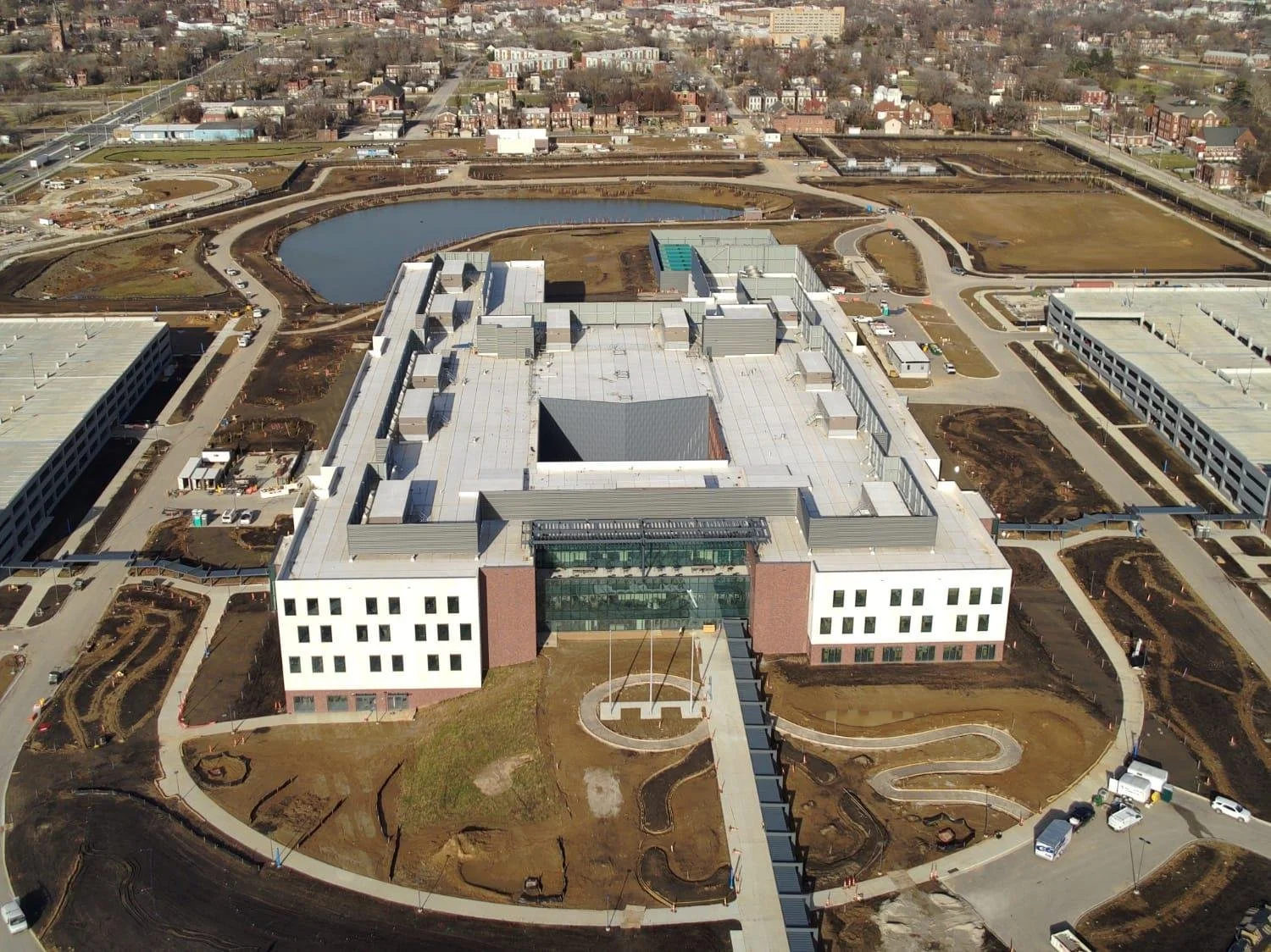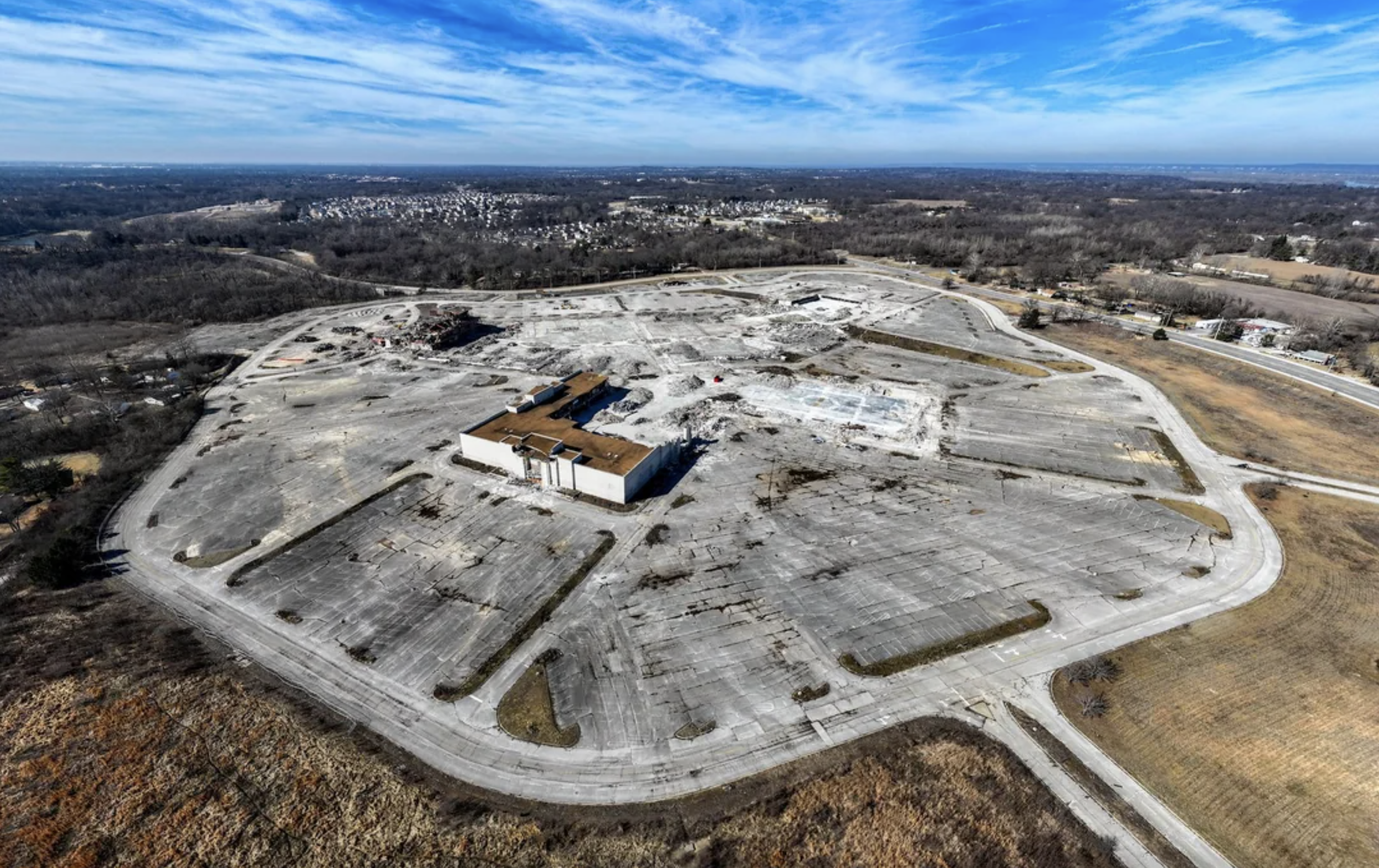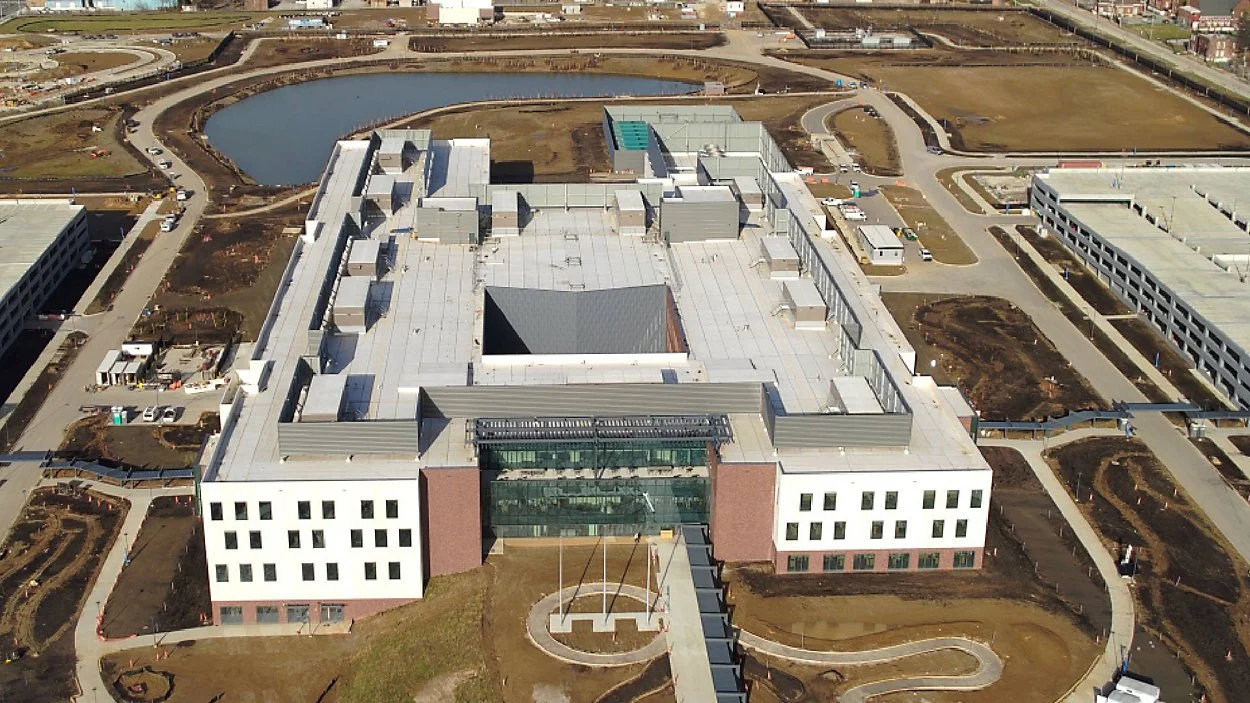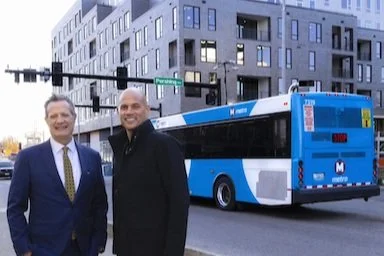Feature photo: Taulby Roach and Jeff Tegethoff at Expo at Forest Park. PHOTO CREDIT: METRO TRANSIT.
Collaboration results in more public transit options, larger labor pool
Metro Transit selects New Flyer, Burns & McDonnell for BEB infrastructure in STL
New Flyer of America, one of the world’s leading independent global bus manufacturers, and Burns & McDonnell, a 100% employee-owned engineering, construction and architecture company, have been selected for an $8.7 million contract for the construction of charging infrastructure for battery electric buses (BEBs) for the Metro Transit fleet.
Metro Transit operates the public transportation system for the St. Louis region, which includes MetroBus, a 400-vehicle clean-burning diesel bus fleet that services a 550-square-mile area in eastern Missouri and southwestern Illinois.
“The introduction of battery electric buses into the MetroBus fleet next year represents our commitment to providing economically and environmentally sustainable mobility options as well as an excellent transit experience for our riders,” said Jessica Mefford-Miller, Metro Transit executive director.
“We will be leaner and greener by introducing this battery electric bus technology, not just with the buses but also through the charging infrastructure and operating facilities.”
Metro Transit will introduce battery electric technology to the MetroBus fleet with the addition of 14, 60‐foot New Flyer Xcelsior CHARGE™ BEBs and four, 40‐foot GILLIG Ebus BEBs.
Operation of these vehicles will require both overhead in‐route charging at the Broadway & Taylor Transit Center (North Broadway and Taylor Streets in St. Louis) and depot charging at the Brentwood MetroBus facility in Brentwood, Mo.
This charging infrastructure will consist of charging units, new dedicated power supplies and charging dispensers to enable safe operation. The chargers at the Brentwood MetroBus facility will provide overnight charging capability, and the chargers at the Broadway & Taylor Transit Center will enable in-route charging as necessary to maintain a sufficient state of charge to complete scheduled operations.
“This is a landmark investment in American infrastructure and zero-emission technology, and we’re pleased to provide sustainable mobility solutions through buses, technology and infrastructure,” said Chris Stoddart, president of New Flyer.
“Metro is leading sustainable mobility and shaping the community’s quality of life for the better. Together, we’re making the evolution to electric a reality for Greater St. Louis.”
The battery electric buses will officially go into service next year with the 60-foot vehicles operating exclusively on the #70 Grand MetroBus route, which carries about 10% of Metro Transit’s customers on a daily basis.
The contract is for construction services for a turnkey charging infrastructure solution at both locations, including the design, permitting, approvals, equipment/material sourcing, construction/installation and commissioning necessary to install the in‐route charging and depot charging systems.
“The addition of BEBs and associated infrastructure is an exciting step forward for electrification in St. Louis,” said Kyle Pynn, who leads electric vehicle infrastructure at Burns & McDonnell.
“We are honored to be a part of the project and to transition Metro Transit from conception to deployment smoothly and efficiently.”
Burns & McDonnell serves the St. Louis metropolitan area from two offices comprising more than 200 full-time professionals. The Burns & McDonnell team in St. Louis has served the metropolitan area's needs since 1989, delivering a wide range of projects, including electric transmission and distribution, roads and bridges, cybersecurity, water and wastewater, labs and clean rooms, aviation, power generation, defense facilities and air quality improvements.







